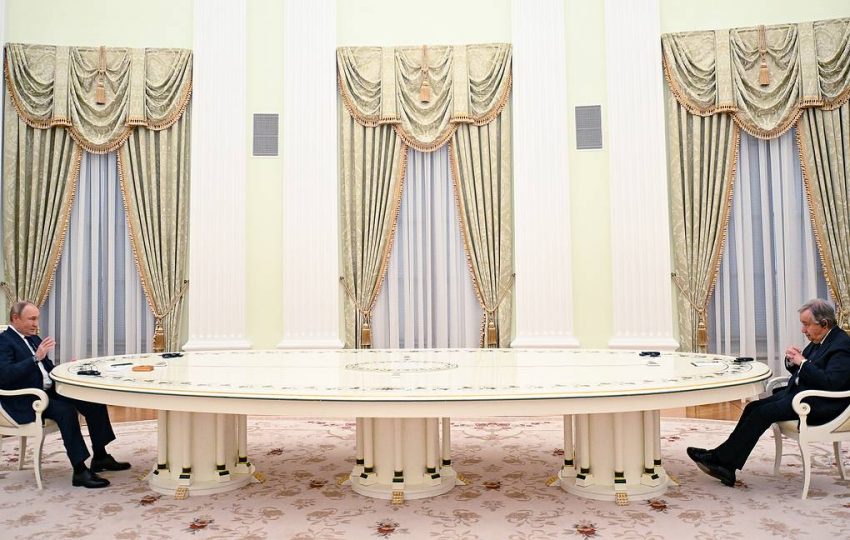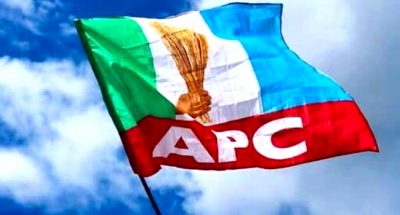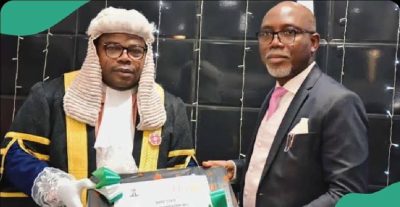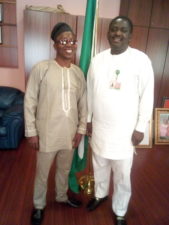The UN has proposed the creation of a contact group under its auspices, where Russia and Ukraine can discuss humanitarian issues. On April 26, UN Secretary General Antonio Guterres came with this offer to Moscow to discuss the details with Russian President Vladimir Putin and Foreign Minister Sergey Lavrov. According to Guterres’ office, Moscow agreed in principle to the UN’s help in the evacuation of people from the Azovstal plant. The Russian president, however, stressed that Ukrainian reports of humanitarian corridors ‘not operating’ were misleading. In his opinion, if there are civilians trapped in the boxed-in plant, the military is obligated to let them go. On the same day, the UN General Assembly approved a veto power resolution. Now, the participants of this body are obligated to discuss the issues if decisions on them were blocked by any of the five permanent members of the Security Council.
“The resolutions of the General Assembly are not binding, in contrast to those of the Security Council. Yet, since this document addresses the operating methods of the General Assembly, most likely, it will be used,” Russia’s First Deputy Permanent Representative to the UN Dmitry Polyansky told Izvestia. “At the draft phase of the project, we worked with those on the same page with us to ensure that it wouldn’t become a means for interference by the General Assembly in the prerogatives of the Security Council. In its current shape, the text is essentially harmless, but we don’t see that it has any particular efficiency – the Security Council’s permanent members openly explain the reasons for using the veto power anyway at the Council. As for the calls to deprive Russia of its veto power, it is impossible to do so since it is enshrined in the UN Charter ratified by all countries, so this sort of radical shift is possible only if the Charter is altered,” he noted.
A scenario where the cornerstones of the functions of the UN and its Security Council are revised is impossible to imagine, since this poses a danger of destroying the UN’s entire architecture and everyone understands this, the diplomat concluded.
Kommersant: Conflict looming over Transnistria
For two months, the military operation in Ukraine has not touched Transnistria. However, now the situation has suddenly changed. The unrecognized republic turned into a zone of instability overnight. The possibility that the conflict will spill over into its territory is rising. If this happens, the crisis will engulf all of Moldova.
Director of Tiraspol’s Institute for Social and Political Studies and Regional Development, Transnistria’s ex-Deputy Foreign Minister Igor Shornikov thinks that Ukraine and Russia are equally important partners for Transnistria. “Transnistria highly depends on Ukraine in the economic sphere. Ukraine, just as Russia, is a guarantor country in the peace settlement for the [Transnistrian] conflict,” he told the newspaper. The expert added that a third of the Transnistrian population are Ukrainians, with about 100,000 residents being Ukrainian citizens and 230,000 Russian citizens. “In this situation, to take sides is to bring conflict to society, to tear it apart,” he noted.
Political scientist Anatoly Dirun concurs. “Currently, Transnistria has chosen the most effective strategy – to distance itself and not to comment on these tragic events. Tiraspol is very vulnerable, the republic is involved in integrational international projects, in foreign trade activity and tries to stay neutral in terms of expressing its attitude to the operation,” he told Kommersant.
Meanwhile, Sergey Markedonov, Leading Researcher at MGIMO’s Center for Euro-Atlantic Security, thinks that the recent events in Transnistria do not benefit neither the region itself, nor Moldova. He thinks that Ukraine is interested in these tensions. According to the expert, Ukraine would benefit from the opening of a second front in order to diminish pressure on Donbass. Yet, Russia would face a complicated, new situation, and it would try its best to put off any hard options. “It is obvious that now Moscow wants to prioritize, and the priority is the advancement in Donbass,” the expert said.
Ukrainian political analyst Vadim Karasev does not rule out Ukrainian involvement, thinking that the Kiev regime and the West decided to make a preemptive move. “We are killing Moldova’s neutral status and the offensive on Odessa. It’s a preventive strike,” he told the newspaper.
Kommersant: Poland, Bulgaria to forfeit gas after rejecting energy-for-rubles payment plan
Poland will become the first country to lose Gazprom’s gas exports due to its refusal to pay for it in rubles. The payment deadline for Poland’s PGNiG expired on April 26, and on April 27 deliveries will stop. Other EU countries may follow suit – Bulgaria has already received a similar notice.
Deputy Director of the National Energy Security Fund Alexey Grivach reiterated that Warsaw was bracing for the possible shutdown of deliveries. Back in February, the Eastern European country had sharply increased gas imports directly from Russia and was also getting Russian gas from Germany.
That said, in his opinion, the next winter will be difficult for Poland both from the perspective of energy prices and in terms of its accessibility. According to the expert, for Russia, this means the loss of 4-5 bln cubic meters by the year’s end, yet this will be more than compensated for by the growing market prices.
Rossiyskaya Gazeta: Europe to cut back oil exports from Russia while keeping gas deliveries
In May, the EU plans to discuss the sanctions options on oil and gas exports from Russia. It is considering a range of possibilities from a complete or partial embargo to punitive duties on raw materials from Russia and temporarily freezing some payments for the delivered products on special European accounts.
Currently, it is only possible to say that the sanctions environment will facilitate the use of indirect tools for reducing dependency on Russian energy, Fuels and Energy Technology Development Institute expert Kirill Rodionov said. This includes the Iranian nuclear deal which will allow Tehran to return to the global oil market since the Iranian Light brand of oil is close in its properties to the Urals and the diversification of suppliers with the involvement of Middle Eastern countries.
The expert notes that the UAE is the third-largest OPEC producer, and TotalEnergies recently has chartered a tanker for the first delivery of oil from the UAE to Europe in two years.
Russia will hardly be able to stop this process, especially since the government of European countries is ready to cope with the inevitable price hike for automotive fuel. Stopping gas exports remains Russia’s trump card in the energy standoff with the EU. Nevertheless, such a move will only escalate the political crisis in Russia-EU relations.
EU countries have still not realized that consumers should not battle suppliers, Artem Tuzov from Univer Capital noted. The supplies of energy resources are a process where both sides should win, he pointed out.
Nezavisimaya Gazeta: New Delhi to preserve military ties with Russia despite pressure
Diplomatic rivalry is increasing around India, much like during the Cold War. Following the Washington meeting of US and Indian foreign and defense ministers, New Delhi was visited by UK Prime Minister Boris Johnson and then by President of the European Commission Ursula von der Leyen. An official who accompanied her said that it was high time for India to break ties with Russia. New Delhi did not submit to the dictate, stressing that it won’t alter its stance.
Associate Professor at Moscow State University’s Institute of Asian and African Studies Boris Volkhonsky noted that von der Leyen participated in the Raisina Dialogue, an influential expert council in New Delhi, where she was trying to use trade and technologies as tools to sway India while she mostly talked about Ukraine. Indian media outlets were not enthusiastic about this with the exception of those that have been pro-Western all along while a representative of India’s Ministry of External Affairs did not mention politics at all, noting that it was agreed to bolster cooperation in the spheres of trade, digital technologies, climate and personal contacts. Indian Foreign Minister Subrahmanyam Jaishankar stated that an exchange of opinions was held on the political and economic consequences of the Ukrainian conflict. “The exchange of opinions does not mean that the sides share each other’s approaches. They simply expressed their opinions to their partner. By all appearances, India will continue to balance between the West and Russia. India is ready to trade with everyone. This does not mean it submits to political pressure,” the expert said.
Expert opinions sometimes can be subjective. Yet Nirmala Sitharaman, Indian Minister of Finance, elaborated on the situation in her interview with Bloomberg, noting that India wants to be a reliable friend with a liberal world yet needs Russia’s help to protect its borders. According to her, India has been drawn into border disputes both with Pakistan and China and cannot afford to be weak in this situation, having to defend itself.
TASS is not responsible for the material quoted in these press reviews
TASS




